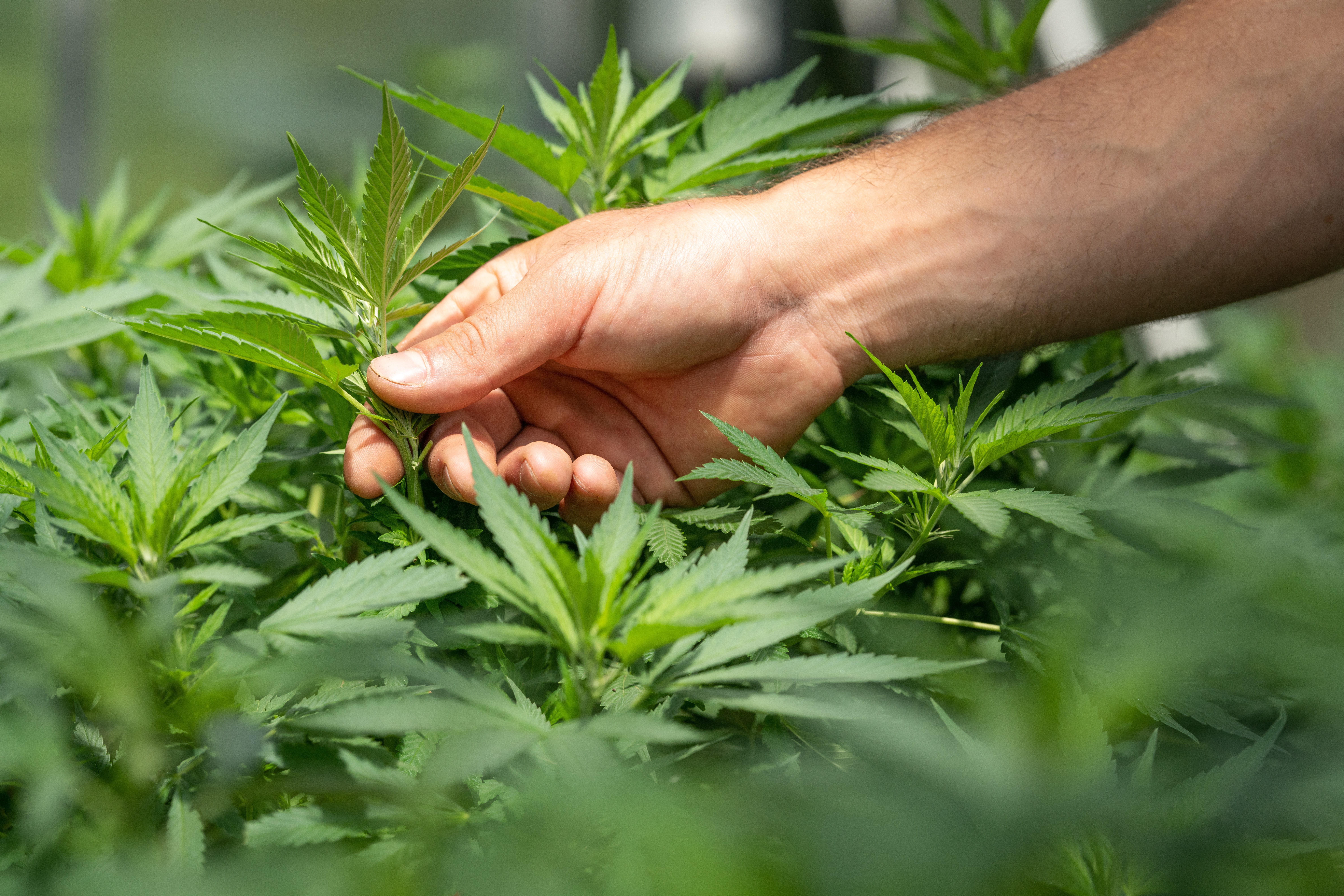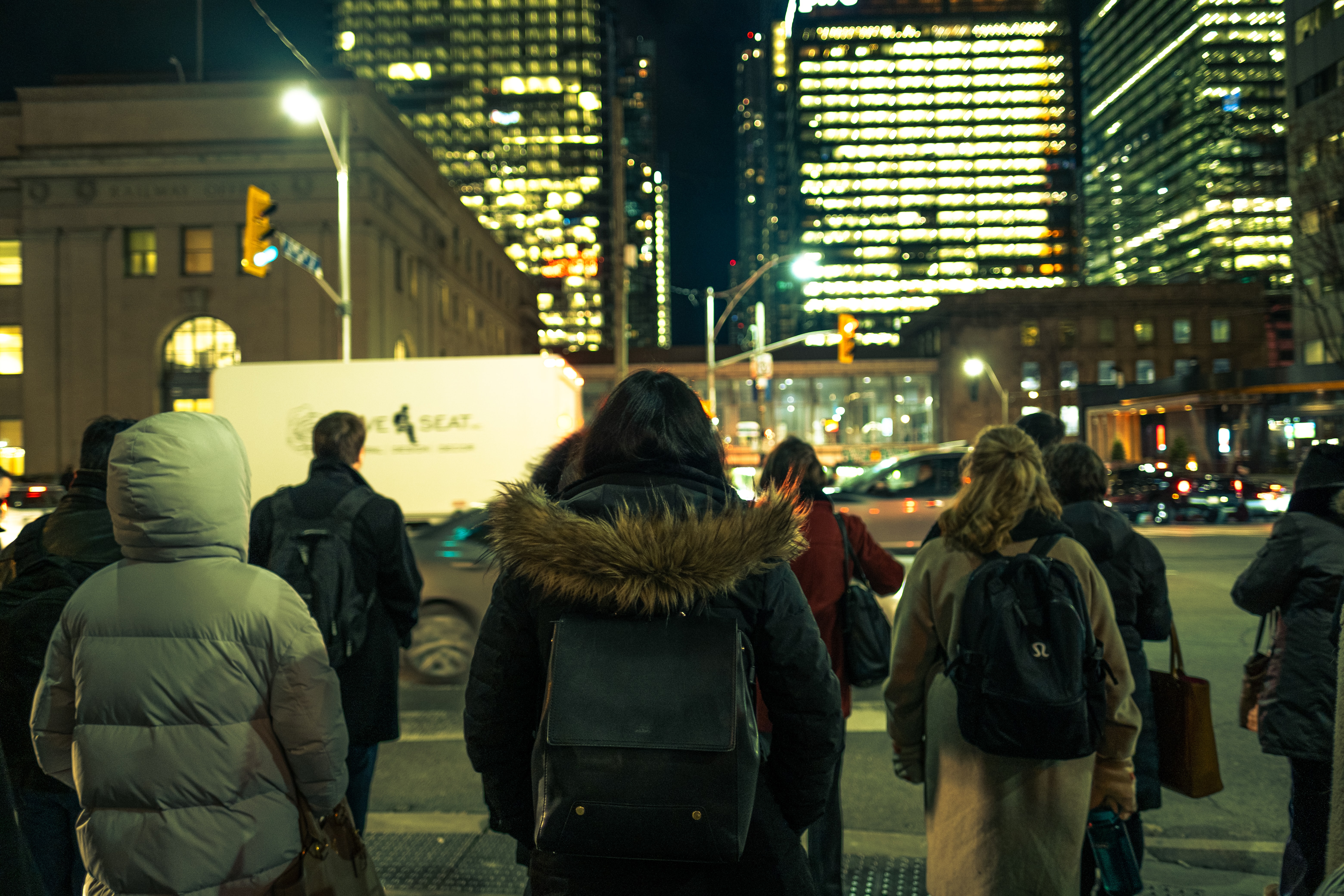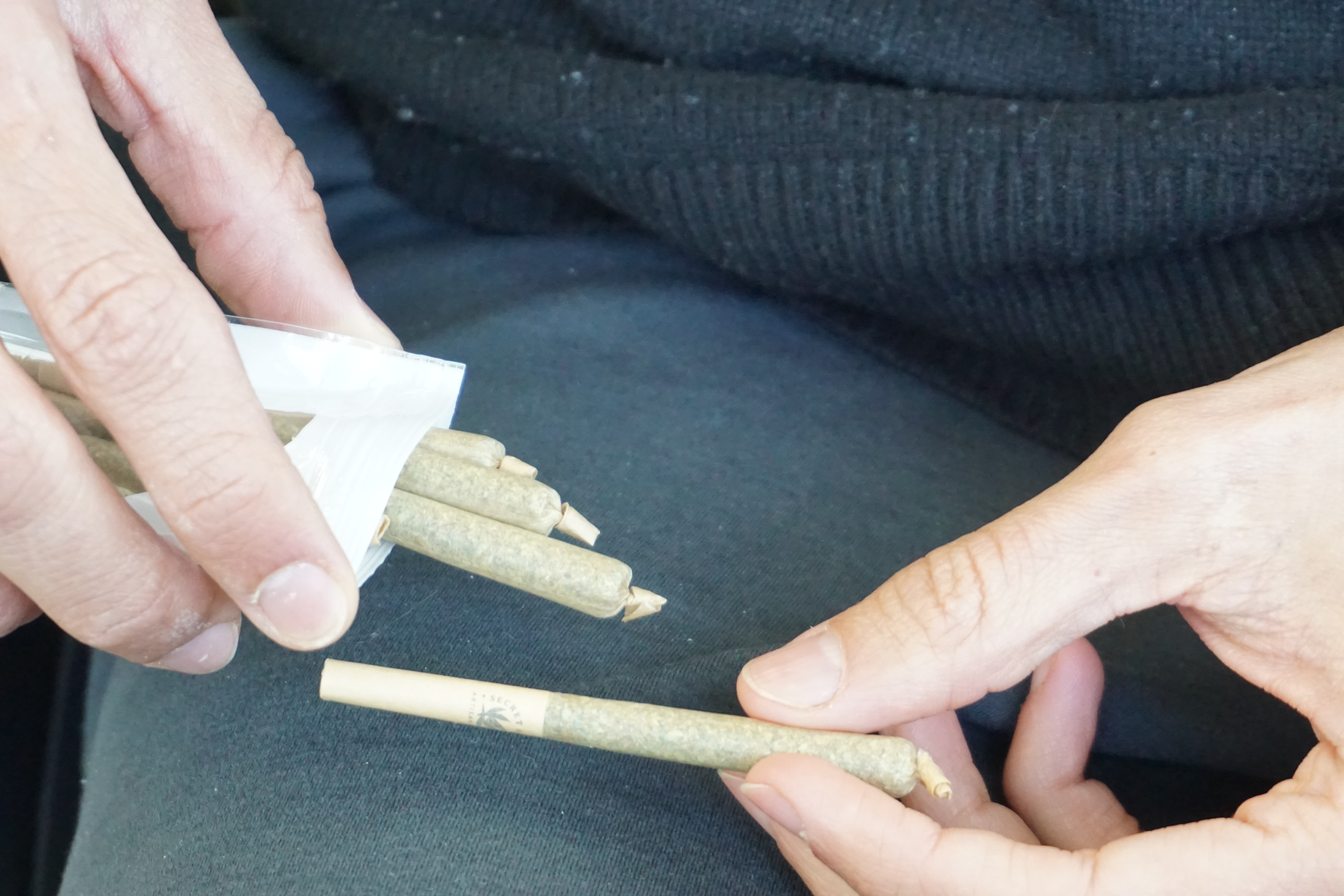Cannabidiol, or CBD, is popular among medical experts and naturopaths for its many health benefits. Aside from being organic, there are virtually no known adverse side effects from using the phytocannabinoid compound. But are there any observed effects of CBD easing sleep difficulties and disorders? Let us find out what CBD could do to improve sleep.
What is CBD?
CBD is an active compound, classified as a cannabinoid, found in the cannabis plant. Cannabinoids are an essential part of the endocannabinoid system (ECS), which is an innate system in our bodies. ECS helps regulate involuntary functions that are responsible for achieving balance within the body. These functions include sleeping, temperature regulation, pain management, among many others.
Cannabinoid compounds derived from plants, interact with the ECS by binding into receptors in critical locations in our central and peripheral nervous system. By doing so, cannabinoid compounds help trigger homeostatic functions.
When there are imbalances in the ECS, consuming phytocannabinoids can help balance the scale. For example, cancer patients who experience nausea after chemotherapy would often use CBD to alleviate these symptoms. This is because CBD helps suppress nausea.
To learn more about CBD, read our article on the science of CBD and its effects on humans.
There have been many studies and anecdotal evidence that suggests CBD can also help improve sleep conditions. Learn more about CBD for sleep by reading on.
Sleep Difficulties and Disorders
There are many reasons why one person could experience sleep difficulties and disorders. These problems could be caused by stress, packed schedules, or external factors beyond one’s control. When these issues have begun to interfere with your daily life, they might be a sign of a sleeping disorder.
In some cases, sleeping difficulties and disorders could be caused by other underlying medical conditions. In this case, sleeping disorders can be lessened by treating these illnesses first. Treatment can be helped by medical treatment, or sometimes, a lifestyle change is needed.
One kind of sleeping disorder, insomnia, is a prevalent sleep disorder. Patients with insomnia describe the condition as something that makes it difficult for them to fall or stay asleep. About one-third of adults report signs and symptoms of having insomnia and up to 10 per cent of these reports are diagnosed as insomnia disorder.
Some causes of insomnia were found to be:
- Mental Health Disorders (e.g. Anxiety, PTSD, Depression)
- Medication
- Physical Conditions
- Caffeine
- Environmental Health Factors
CBD for Sleep Difficulties and Disorders
There has been a rise in the interest in how CBD could affect sleep and improve disorders. There has always been anecdotal evidence that a high dosage of CBD could help improve sleep.
Researchers and experts have continuously been studying the effect of CBD on sleep disorders and difficulties. Although the research could be considered still in its infancy, CBD for sleep has shown great potential to improve sleeping difficulties or disorders.
One study has suggested that taking a dose of CBD could help lengthen sleep duration and improve sleep quality. Compared to a placebo trial, proponents who had CBD had an easier time falling asleep and had less interrupted sleep because of CBD’s calming effect on the mind.
Insomniacs, or people who experience insomnia, have an imbalance of the hormone cortisol in their bodies. Typically, cortisol levels are high in the morning. But people with insomnia are found to have higher cortisol levels at night. This high level of cortisol during nighttime increases the chances of getting sleep disruption and nighttime awakenings.
A study made in 2019 has found out that CBD helps balance the level of cortisol. Upon taking 300 to 600mg of CBD oil, participants in the study have been found to have a significant decrease in their cortisol levels. This study suggests that CBD could have a sedative effect on its consumers.
When it comes to side effects, there are very few adverse side effects recorded, if any. There are participants in various studies that have shown lethargy and fatigue after taking CBD. But experts believe that this side effect may depend on the dosage of CBD taken.
Taking small amounts of CBD every day for a short period did not have any adverse effects. Even dosages up to 1.5g per day still did not show any toxic side effects.
Several studies have already looked into CBD as a treatment for anxiety. A study in 2019 has found that CBD could help improve the quality of sleep and reduce anxiety attacks of patients experiencing mental disorders. Out of the 72 subjects, 79 per cent of the patients had been reported to have lower levels of anxiety, and 67 per cent had better sleep after a month of CBD treatment.
CBD can also manage pain-related sleep disorders. Because of its analgesic effect, CBD has been prescribed to patients suffering from chronic pain. A study made in 2018 has suggested that since CBD can help suppress the pain, patients could sleep better.
Using CBD for sleep difficulties and disorders shows a lot of potentials. Since the cannabinoid compound has been known to exhibit many medical benefits, one of its many medical benefits could be to improve the quality of sleep.
For many years, it has been known that CBD can calm anxiety attacks and manage pain. When these two medical issues are the reasons for having a poor sleep cycle, taking CBD for sleep can help. CBD can also help balance hormone levels, which could be one of the many reasons for having sleep disorders and difficulties. Since the cannabinoid compound helps guide the body back to a balanced state, using CBD for sleep disorders and problems holds many potential and virtually no adverse side effects.
If you want to learn more about CBD and how it helps the body, read this very informative article on the science behind CBD and its effect on humans.





